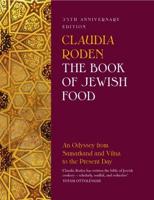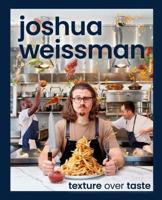Publisher's Synopsis
Stagecoach lines were first established in the United States in the middle 1700's. The earliest routes connected Boston, New York City, and Philadelphia. The Barron House was one of the stops on the stagecoach route north from Philadelphia. The horses were changed there before the climb over the Lehigh Mountains into Allentown and again on the return trip. Passengers would disembark to take care of personal needs and to eat in the Barron House dining room while the change was being made. During the years before 1900 the Barron House cuisine was a combination of Pennsylvania Dutch and Amish. Beer, wine and whiskey helped to take the bumps out of the rutted roadway the stagecoaches navigated. After the stagecoaches stopped running, the road on which the Barron House was located became a designated state route handling the early automobiles as well as horse drawn wagons. Eventually, an electric-powered trolley car was added on tracks laid in the center of the road and carried passengers between Philadelphia and Allentown. The Barron House clientele also changed. Travelers still stopped for food and now for gasoline, and also water for their radiators or horses. However, a significant portion of the Barron House's customers were permanent or extended-stay residents in its hotel rooms who took all their meals in-house. Itinerant work crews stringing electric and telephone wires and building roads in the area, would also live and eat in the hotel. Other individuals working in the town and living in rented rooms also found the hotel's food attractive in both taste and cost, and patronized the Barron House. And there were the banquets. Various organizations like the local bank used the hotel's large dining room for festive occasions. In those days of no air conditioning the large overhead fans and massive horse chestnut trees just outside made the room cool in summer and the central heating system made it cozy in winter. Finally, in a day when most workers carried bag lunches, the hotel's boarding house style hot lunches attracted workers from the clothing factory just down the street and from other nearby employments, by the combination of quality and low price. In the early 1900's a new owner and proprietor of the Barron House, originally from Bohemia, added Bohemian cuisine to the Dutch and Amish fare. In Europe, Bohemia was a vigorous, long-established kingdom with a varietal and polished epicurean heritage. The Bohemian nobility was actually a prolific class and constituted a substantial segment of the Bohemian population. It sanctioned gentility and good living for itself and for the lower classes, providing education and skills enlargement for everyone. When absorbed into the Austrian Empire, Bohemia kept its culture, its values, and its foods. The addition of Bohemian foods to the Barron House menu was very pleasing to the new Barron House clientele. After all, most of them ate every meal there and liked the variety.










